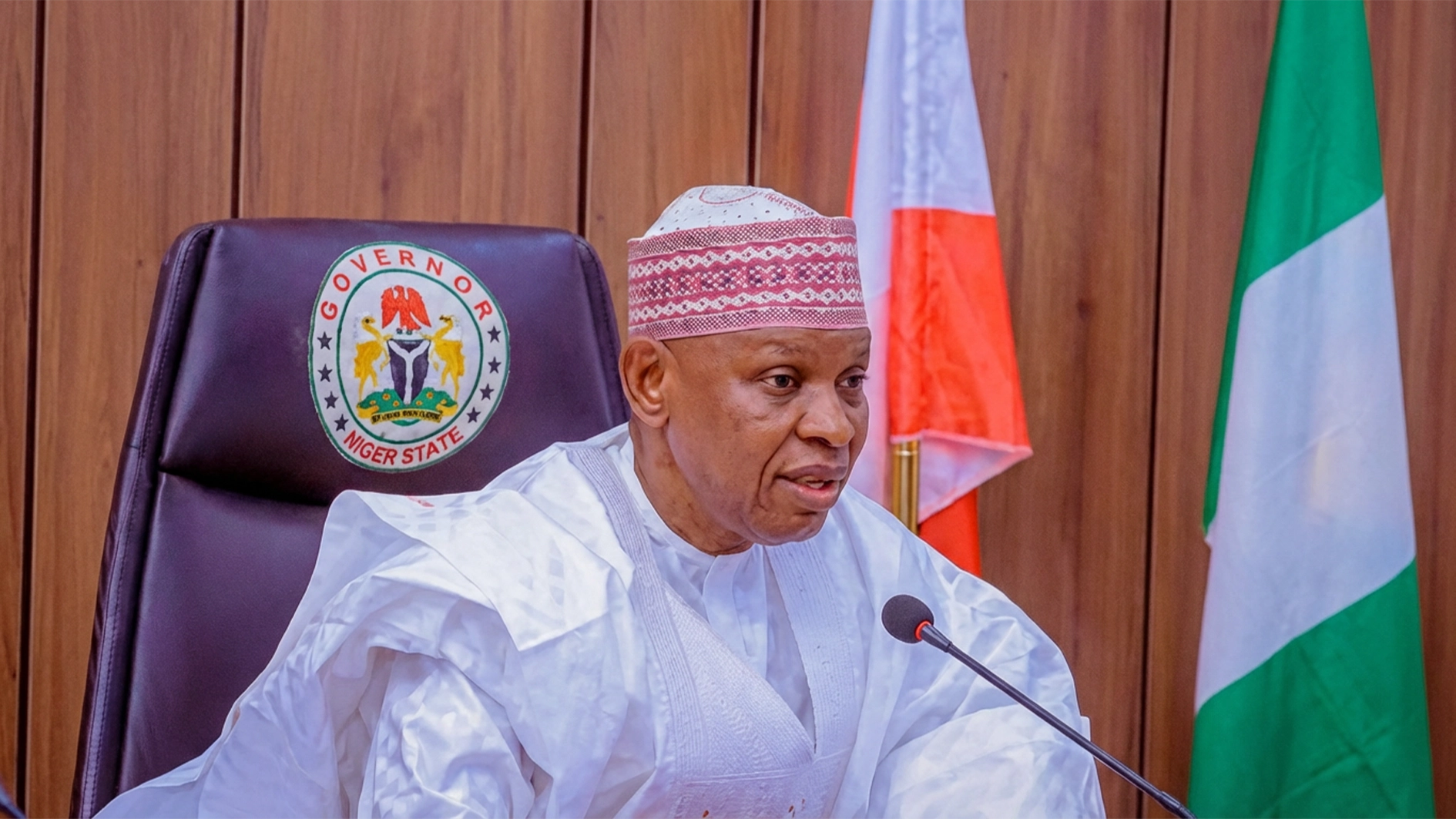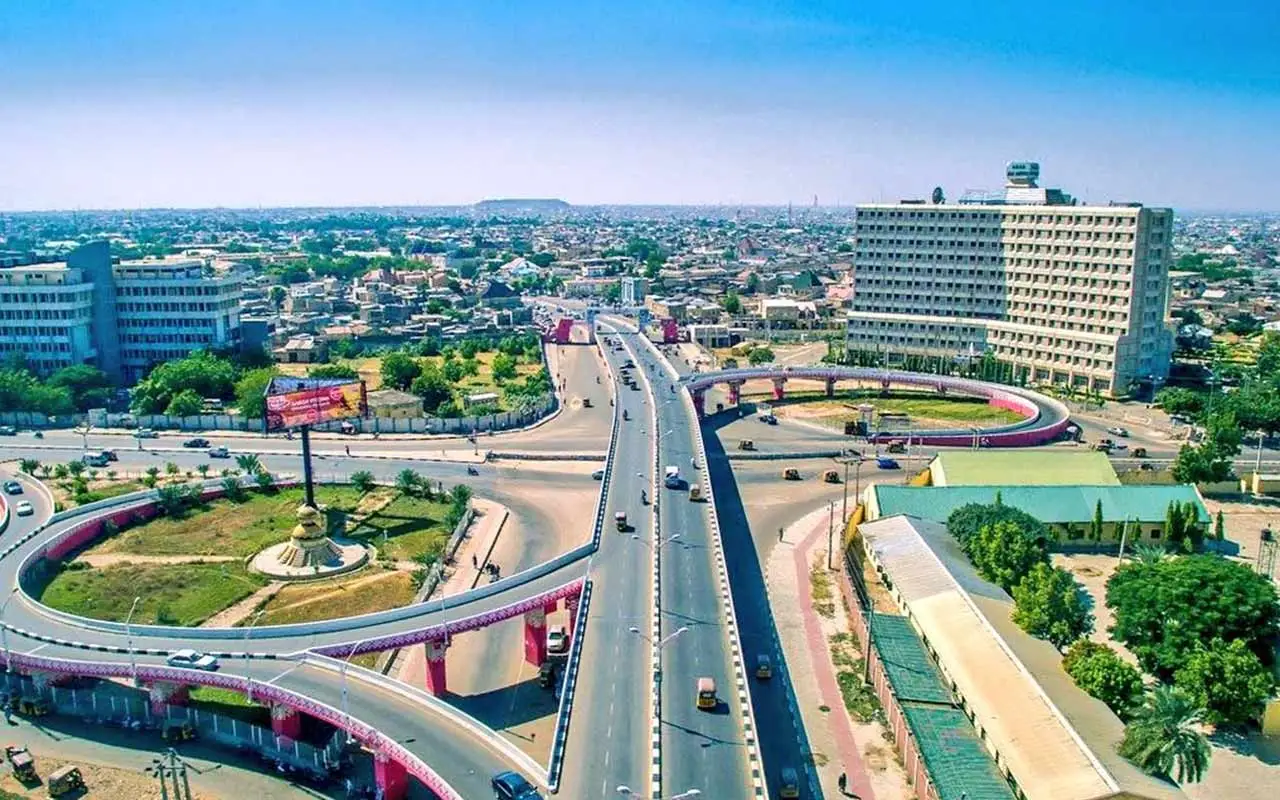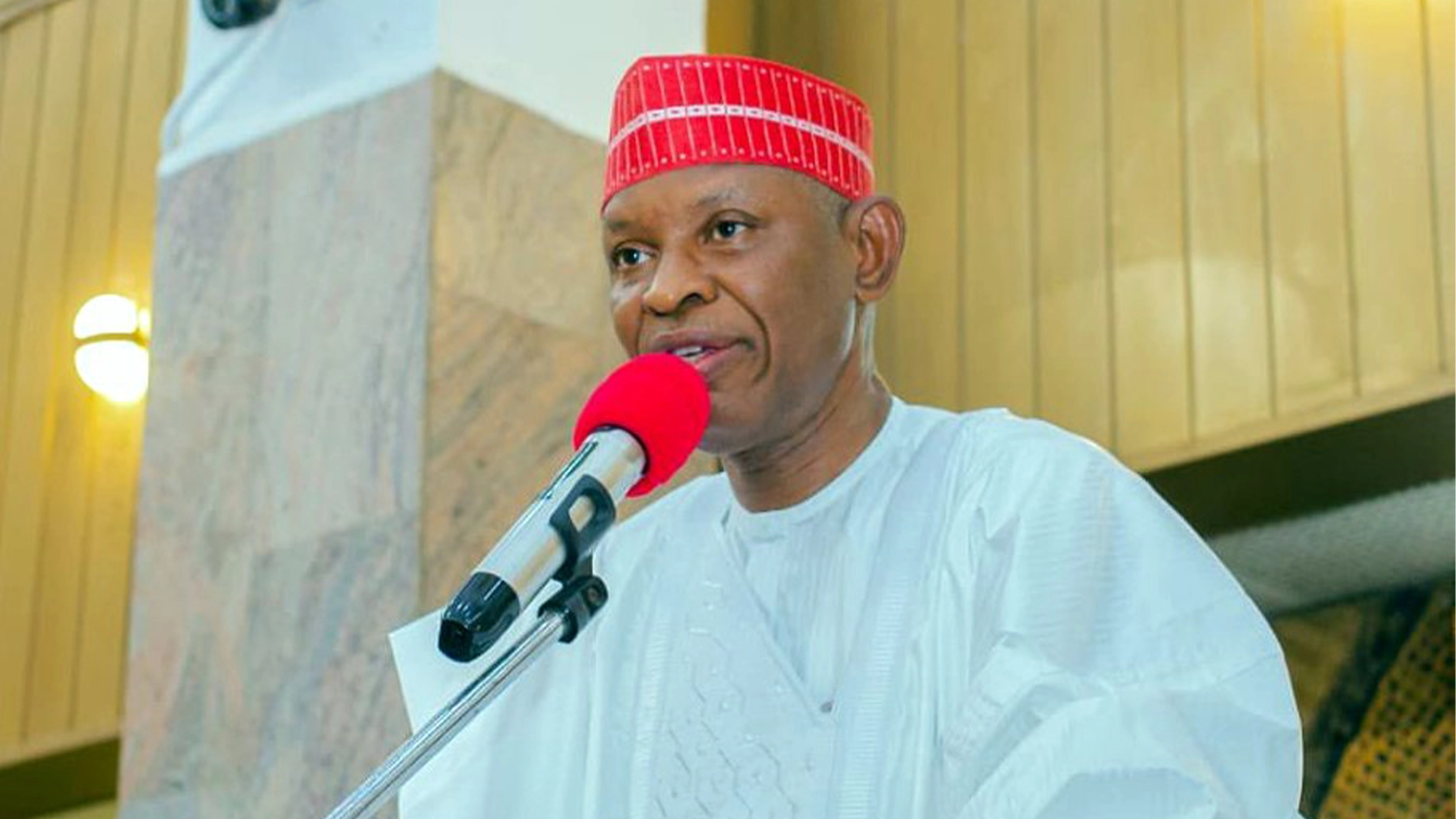The Kogi State Government has dismissed as “baseless, unfounded and politically sponsored” the allegations of diversion of Local Government (LG) funds currently before the Economic and Financial Crimes Commission (EFCC), insisting that the state operates one of the most transparent local government financial systems in the country.
Briefing journalists in Abuja on Monday, the Commissioner for Information and Communications, Kingsley Femi Fanwo, said the petition submitted by a coalition of civil society organisations (CSOs) was a deliberate attempt to malign the state and smear the reputation of Governor Usman Ododo through what he described as fabricated claims.
Last week, three CSOs — African Transparency Initiative (ATI), Community Outreach for Development and Welfare Advocacy (CODWA) and Concerned Kogi State Citizens petitioned the EFCC, alleging widespread diversion of LG funds through what they called the Lokoja Voucher Scheme.
In the petition dated November 18, 2025, and copied to several federal oversight institutions, the groups alleged that funds were siphoned through fabricated vouchers and contracts for non-existent projects; that shell companies owned by politically exposed persons (PEPs) received huge sums.
They also claimed that LG officials were compelled to sign documents without Bills of Quantity, tenders or site verification; that fraudulent vouchers were allegedly processed monthly, draining council funds before they reached communities; 95 per cent of the Local Government Service Commission’s 1 per cent monthly allocation was “re-looted” through non-tendered contracts.
The petitioners claimed that the alleged actions violated the EFCC Act, the ICPC Act, and the Money Laundering (Prevention and Prohibition) Act. They demanded: A forensic audit of all LG accounts from January 2024; Identification and prosecution of all complicit officials and PEPs; Recovery of diverted funds; and Reforms to safeguard LG autonomy.
But the Kogi State commissioner maintained that “not a kobo” of LG allocation is tampered with by the state government, stressing that local councils in Kogi receive their full statutory allocations and independently determine their expenditures, contracts, payroll and development priorities in line with constitutional provisions.
Fanwo alleged that the petitioners were acting on behalf of political interests who “believe power should be determined by place of birth rather than competence,” claiming that the CSOs pushing the accusations had failed to produce any evidence beyond “media noise, political rhetoric and sensationalism.”
He said: “This is not activism for accountability; it is a coordinated campaign to drag the name of the Governor and Government of Kogi State into fabricated claims. They have provided no proof whatsoever. If they have facts, let them produce them.”
The commissioner insisted that all 21 LG councils in the state publish their monthly financial statements on the government’s website, challenging the petitioners to name any state with a more transparent LG reporting system.
Fanwo and the Association of Local Governments of Nigeria (ALGON) chairman in the state reeled out what they described as verifiable achievements of the councils, including: 100 per cent payment of salaries, pensions and ongoing defrayment of long-abandoned gratuities; Construction and renovation of Primary Healthcare Centres, including staff quarters, solar-powered water systems and new clinics.
Others include the rehabilitation and construction of rural roads, including repairs to earth-moving equipment, and the installation of transformers across hundreds of communities in partnership with the Ministry of Rural and Energy Development.






